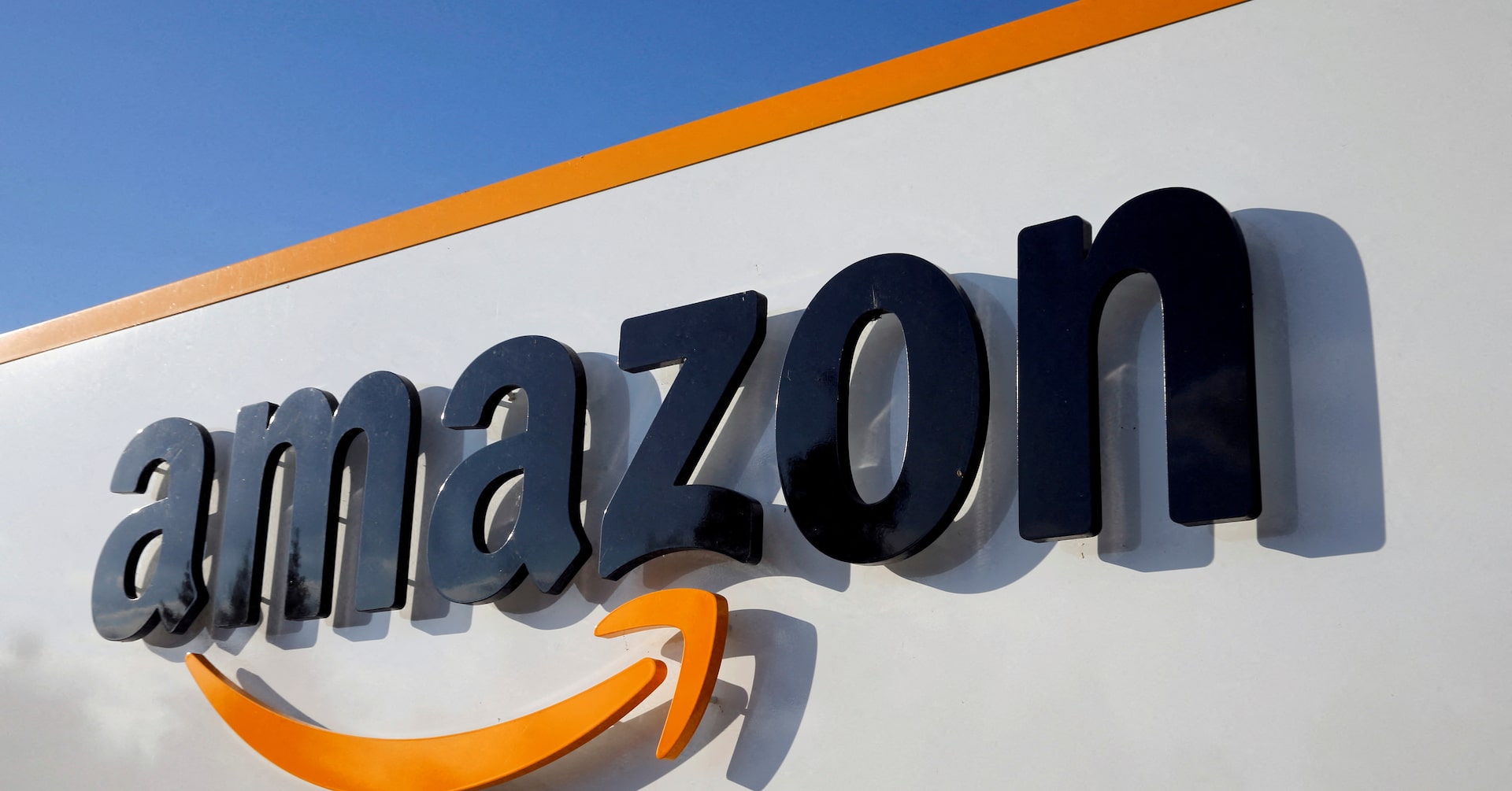The more things change, the more they stay the same.
Despite the diverse and ever-changing nature of Dallas -Fort Worth’s business world, most of the companies in North Texas’s upper echelon were consistent from 2023 to 2024. Healthcare once again grabbed the top spot among the area’s highest-revenue-grossing corporations, and real estate and energy had solid performances.
But beneath the surface, more subtle changes were afoot that became increasingly evident in 2025. Companies are diving into AI both internally and in public. Multiple firms were acquired across several industries, including telecommunications and trucking. Home building’s hot start slowed, a pattern that continued into the summer of 2025.
The Dallas Morning News’ annual ranking of the 150 largest publicly traded companies in D-FW is here to dissect the trends and what they mean. The ranking, based on revenue from the 2024 fiscal year, is one of the most extensive available. It is a crucial guide for rivals and job seekers alike while serving as a barometer of the region’s business health.
The 150 publicly traded companies generated more than $1.1 trillion in revenue in 2024, 3.8% higher than those companies brought in the previous year.
Their combined market capitalization is more than $1.6 trillion.
Health care supplier McKesson Corp., based in Irving, was once again the region’s top-grossing company with $359 billion in revenue for the fiscal year that ended in May, followed by AT&T ($122 billion) and Energy Transfer ($82 billion).
Among the biggest movers were Six Flags Entertainment, the theme park company that merged in 2024 with competitor Cedar Fair in an $8 billion deal. It moved up 15 spots to No. 45.
Tech manufacturer Texas Instruments dropped four spots as revenue decreased by $1.9 billion from 2023 to 2024, putting the Dallas company in the number 18 position.
Grapevine video game retail chain GameStop, which in 2024 was once again the focus of a small retail investor burst, fell by eight spots to 34 as revenue decreased by $1.4 billion to $3.8 billion. The company is dealing with an upheaval in how video games are distributed and sold.
The continued rise of generative AI
Companies increasingly used artificial intelligence in 2024 as firms adapted to increasingly impressive technologies.
For several years, these organizations have been using more mature predictive AI software as part of their internal processes.
“That is where you develop AI models to essentially provide expert-level support for decision-making in fairly specific, narrow areas, which could be in terms of product recommendations for customers, investment choices, process design and outcomes and things like that,” Southern Methodist University professor Amit Basu said.
Many of the companies in D-FW and beyond, however, have been turning to generative AI in the past two to three years with the emergence of ChatGPT.
As Southlake-based travel technology company Sabre’s Garry Wiseman explained, generative AI allows for more personalized experiences than more generic AI solutions.
“With gen AI … compared to traditional AI, there’s more of an opportunity to have context about the person who’s trying to complete the task … so that we can personalize the results,” he said.
Wiseman, Sabre’s chief product and technology officer, also added that generative AI gives the company the capacity to build and bring products to market faster and respond to customers quicker.
“We have seen an increase [in customer satisfaction scores] as we’ve deployed some of these new solutions … [that] allow us to get back to them more quickly, as well as also enabling some self-service capabilities,” Wiseman said. “The fewer times you have to have people calling the call center for information, the better.”
Software solutions company Tyler Technologies is also using generative AI to help their public sector clients. The firm focuses on three major pillars when helping customers do their jobs: helping them do more with less, allowing decision-makers to find information and connecting residents with the public sector.
“It’s kind of a really neat space for our clients, a really neat space for us as well,” Franklin Williams, president of Tyler’s data and insights division, said. “In every one of those … active projects, active solutions with our clients … we’re seeing what we believe to be really, really transformative change.
Williams added that generative AI in particular has “democratized access” to AI for software companies and people around the world.
“It created these very, very capable general purpose kind of foundational models that everyone had access to and [you] no longer needed kind of that same level of capital or anything else I needed access to the foundational model,” he said.
Williams sees AI touching every role at Tyler and therefore impacting every touch point the client has with the firm in the future.
Some companies, however, are more resistant to the rise of AI. American Airlines CEO Robert Isom said during the company’s second-quarter earnings call that while they will use AI to improve the customer experience, they won’t be using it to set prices.
“Consumers need to know that they can trust American,” Isom said. “This is not about bait and switch. This is not about tricking. And, you know, others that, you know, talk about using AI in that way, I don’t think it’s appropriate. And certainly from American, it’s not something we will do.”
As AI continues to grow, Basu believes there are several major challenges, including the integration of AI into a company’s products and services as well as having well-trained employees who can use the technology.
Mergers galore?
At least six corporations announced during the 2024 fiscal year that they were in the process of being acquired or had completed their acquisitions. One of the most notable was Verizon acquiring Dallas-based Frontier Communications. Frontier had moved to Texas in 2023 from Connecticut. While the transaction has not closed yet, the telecommunications giant hopes to use Frontier’s resources to expand its fiber footprint across the country, according to a company press release.
Italian cabling solutions company Prysmian Group completed the acquisition of McKinney’s Encore Wire Corp. in July 2024 to strengthen its “leadership position in North America”, the firm announced. Canadian transportation and logistics group TFI International also officially acquired Addison-based transport firm Daseke last April after the deal was made public at the end of 2023.
While the amount of acquisitions seems unusual, it’s actually on par for North Texas.
“Dallas, historically and definitely today, outpaces the national market … in terms of growth in [mergers and acquisitions and] all of the side effects that come with that,” Haynes Boone mergers and acquisitions attorney Brent Beckert said. “So, whereas I think nationally there may have been a downturn in some markets and some industries, Dallas itself has sort of been a bright spot.”
Beckert also pointed to the diversity of companies in the area raising money or going to market to be sold as a strength of D-FW. If there’s one industry that slumps, there’s another that is performing well.
On top of the array of business sectors, North Texas is home to many middle-market private equity firms and companies that are very active in the region.
“We have just a large number of private equity funds and family offices and independent sponsors, all types of financial investors who have money to deploy, have money that have been sitting on the sidelines and want to put it to work, and so the more of those buyers you have, then it drives prices up and encourages more companies to go to market and get ready to be sold,” Beckert said.
He added that these groups have largely been insulated from geopolitical factors like rate increases and tariffs that are affecting other parts of the state and the nation at large. North Texas is growing as well, with many firms moving their operations to the area.
While some companies announced their acquisition processes during 2024, Beckert believes that 2025 will be even busier. A fair number of companies waited to see the presidential election outcome before going to market. For instance, as Beckert explained, there was an uptick in aerospace defense deals after the 2024 election. Other organizations are waiting to go to market or are shelving their processes for a few months as they navigate tariff uncertainty.
Many firms announced their finalized acquisitions in the first half of the year. New Home Company completed the acquisition of Dallas-based home builder Landsea Homes in June, and Exela Technologies was absorbed by XBP Europe Holdings Inc. in July.
Home building slows down
In 2024, the real estate and home building industry was relatively healthy. Arlington-headquartered D.R. Horton, the country’s largest homebuilder, once again was in the top 10 of companies for revenue with $36.8 billion, over a 3% increase from 2023. Dallas-based office real estate firm CBRE Group Inc. also grabbed a top 10 spot with more than $35 billion in revenue.
The back half of 2025, in contrast, may be troublesome.
“The builders [had] a record year last year and reasonable earnings for the first two quarters,” Residential Strategies Inc. principal Ted Wilson said. “We’re seeing a slowdown in demand this year. A lot of our guidance that [we’re] hearing from builders is that they’re guiding towards probably a slowdown as far as the number of sales.”
For the most part, the home building industry has been able to weather higher mortgage rates through mortgage rate buydowns. Wilson explained that these groups have competed with existing homes through buying mortgages down to about 5% in the past few years.
But with job growth slowing in D-FW, combined with decreased domestic and international migration, the reduction in demand is starting to cause some discomfort. Some builders Wilson has talked to say there is a 20% to 30% slowdown in some months on sales.
“We do sort of see that with all the incentives and rate buy downs and giveaways that they had to do to kind of stay … close to plan [are] probably going to hurt their earnings as they go forward,” he said.
As for tariff concerns, Wilson pointed out that the alarm bells going off in April have since quieted down. Most firms have been able to source and get materials from other places if there was an over-dependency on a country with high tariffs. There is still uncertainty over what these tariffs will ultimately look like, but the potential increase in cost is not predicted to be severe.
“I think there’s been a lot of work … the people in purchasing departments for these companies are pretty resourceful,” he said.









